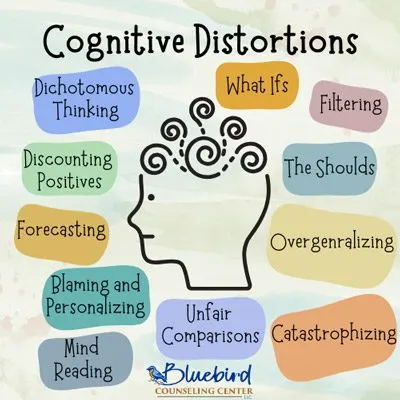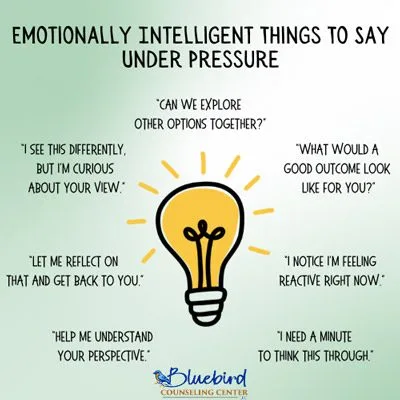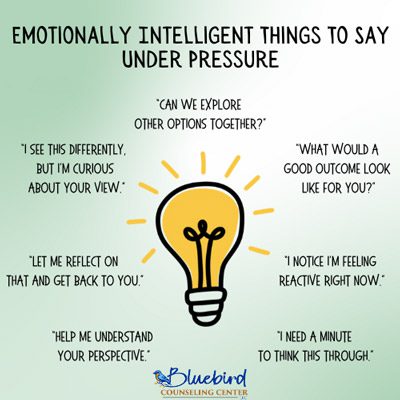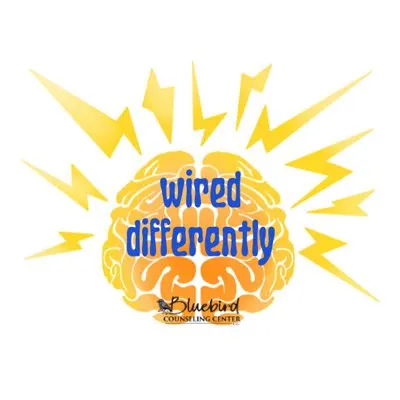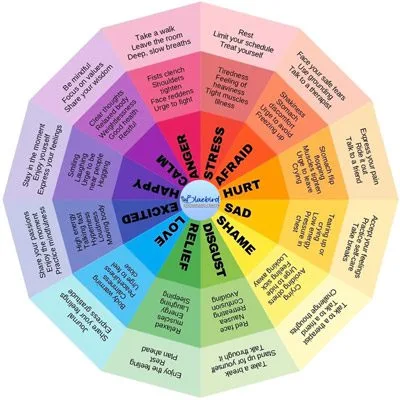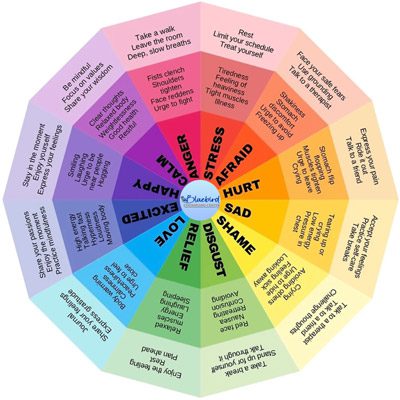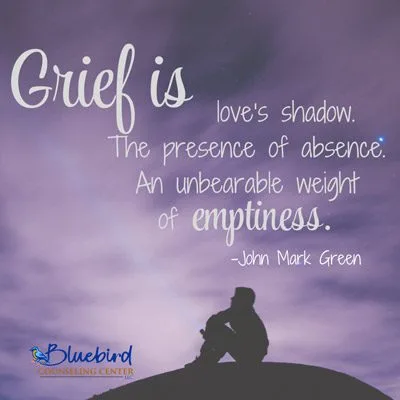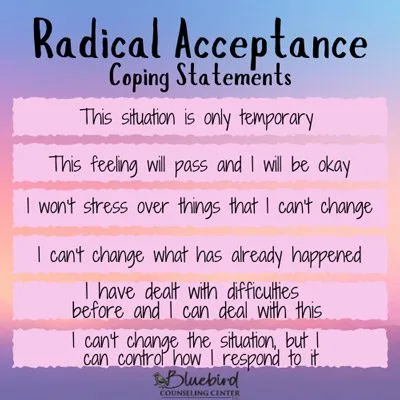
Embracing Radical Acceptance: Finding Peace in the Unchangeable
In a world full of uncertainties and challenges, learning to accept situations as they are—rather than how we wish they were—can be a transformative practice. This concept, known as radical acceptance, embodies the idea of fully embracing reality, no matter how difficult or painful it may be. By doing so, we create a pathway to healing, emotional resilience, and peace of mind.
What is Radical Acceptance?
Radical Acceptance is rooted in the idea that while we may not have control over certain circumstances, we do have the power to influence our responses to those circumstances. It involves acknowledging the reality of our situation without judgment, which can alleviate the suffering caused by resisting or denying what is happening.
This doesn’t mean we have to like the situation; rather, it means that we recognize and accept it for what it is. When we practice radical acceptance, we free ourselves from the struggle against reality, reducing anxiety and emotional turmoil.
The Benefits of Radical Acceptance
- Reduced Suffering: By accepting what we cannot change, we decrease the emotional pain that comes from fighting against reality.
- Enhanced Emotional Resilience: Learning to recognize and accept difficult emotions builds strength, allowing us to cope more effectively with future challenges.
- Clarity and Focus: Accepting circumstances as they are helps clear our minds, enabling us to concentrate on what we can control—our thoughts and actions.
- Increased Mindfulness: Radical acceptance encourages living in the present moment, cultivating awareness of our feelings without getting overwhelmed.
Coping Statements for Radical Acceptance
Implementing coping statements can be a powerful tool in practicing radical acceptance. Here are some affirmations you might find helpful in embracing this mindset:
- “This situation is only temporary.”
Remind yourself that feelings and circumstances can change, and you have the strength to navigate them. - “This feeling will pass, and I will be okay.”
Recognizing that difficult emotions are transient helps to maintain hope and perspective during tough times. - “I can’t change what has already happened.”
Acknowledging that the past is unchangeable allows us to free up mental space for potential solutions and healing. - “I won’t stress over things that I can’t change.”
Choosing to focus your energy on what is within your control fosters a sense of empowerment and reduces anxiety. - “I have dealt with difficulties before, and I can deal with this.”
Reminding yourself of past challenges you’ve successfully overcome builds confidence in your ability to overcome current struggles. - “I can’t change the situation, but I can control how I respond to it.”
This statement places the focus on your reactions, empowering you to choose a constructive approach rather than feeling helpless.
Putting Radical Acceptance Into Practice
The journey towards radical acceptance involves consistent practice and mindfulness. Here are a few strategies to help you integrate it into your life:
- Mindfulness Meditation: Spend time in quiet reflection, allowing yourself to observe your thoughts and feelings without judgment. Mindfulness is focusing in the present moment without judgement.
- Journaling: Write about your experiences and emotions in a non-judgmental way. This can help clarify your thoughts and reinforce acceptance.
- Seek Support: Share your struggles with trusted friends, family, or a mental health professional. Discussing your feelings can provide new perspectives and comfort.
- Practice Self-Compassion: Be gentle with yourself as you navigate difficult emotions. Acknowledge that it’s okay to feel what you’re feeling.
Conclusion
Radical acceptance is a powerful practice that invites peace, emotional resilience, and personal growth. By embracing the reality of our situations—acknowledging what we cannot change and focusing on our responses—we open the door to healing and contentment.
At Bluebird Counseling Center LLC, we encourage you to explore radical acceptance as part of your mental health journey. If you find yourself struggling to embrace this concept, reach out for support. Together, we can work toward greater peace and acceptance in your life.
#BluebirdCounselingCenterLLC #Bluebirdcounselinglititz #therapy #counseling #lititz #mentalhealth #radicalacceptance #acceptance #focusonwhaticancontrol #mentalhealthawareness

